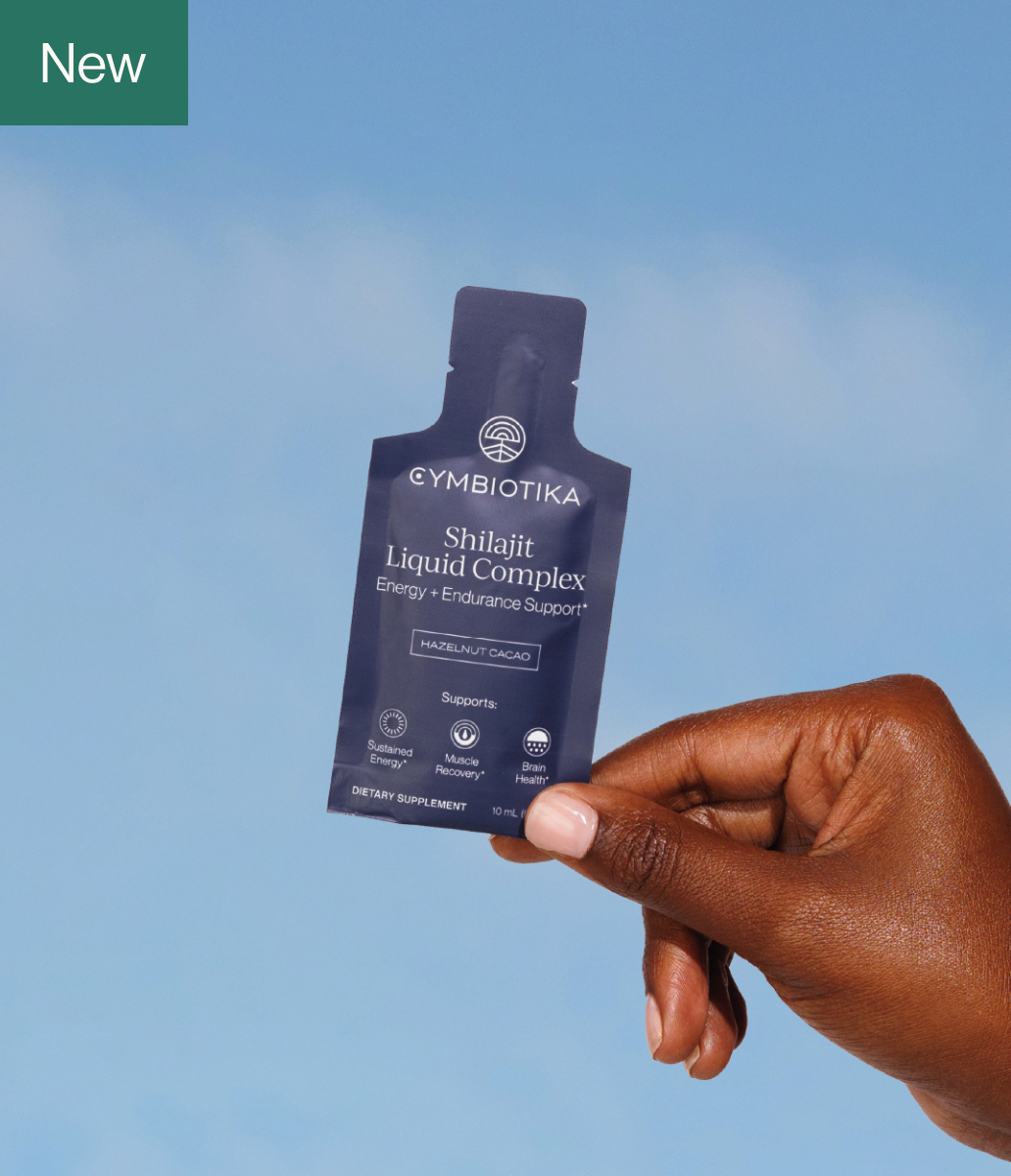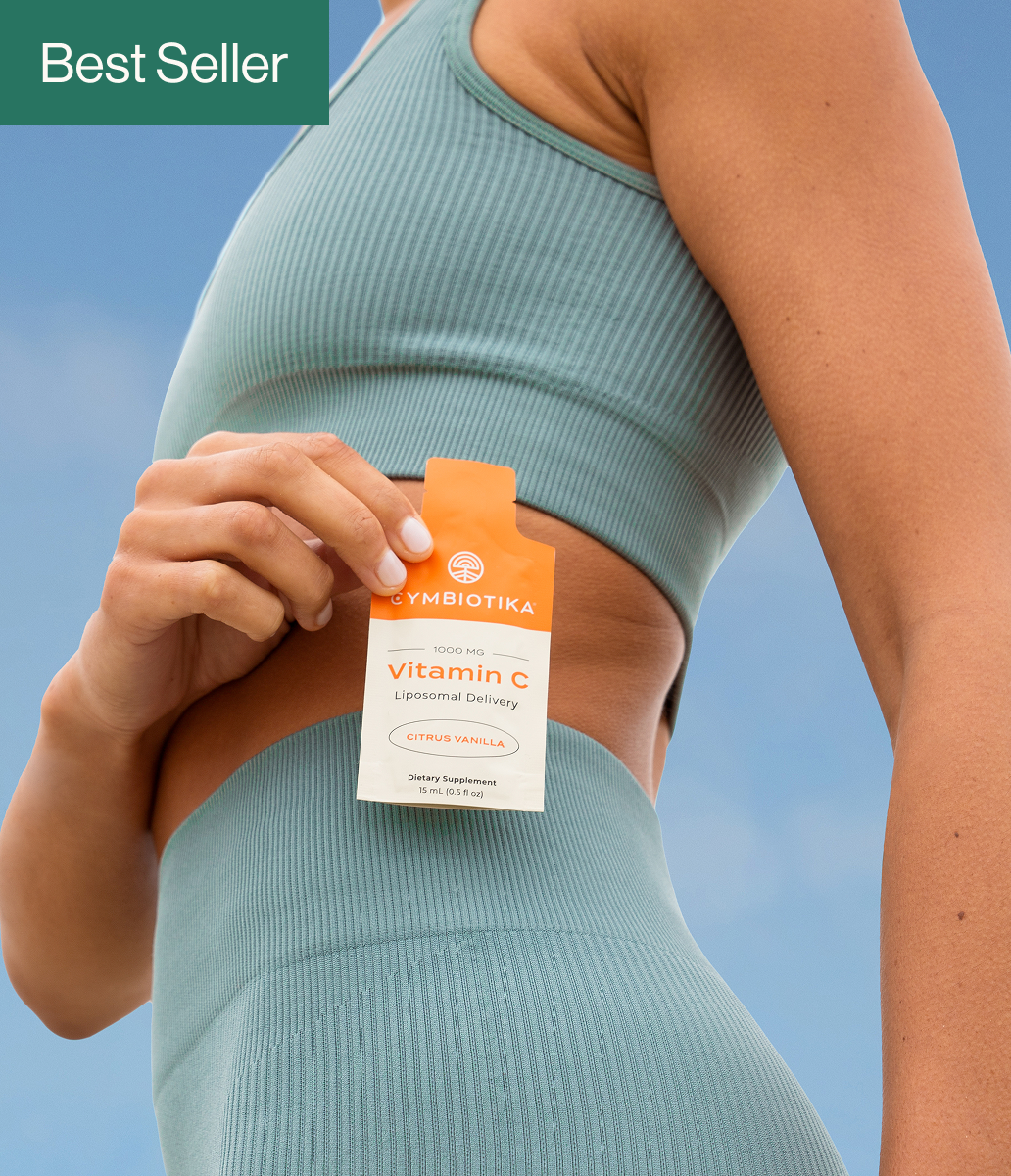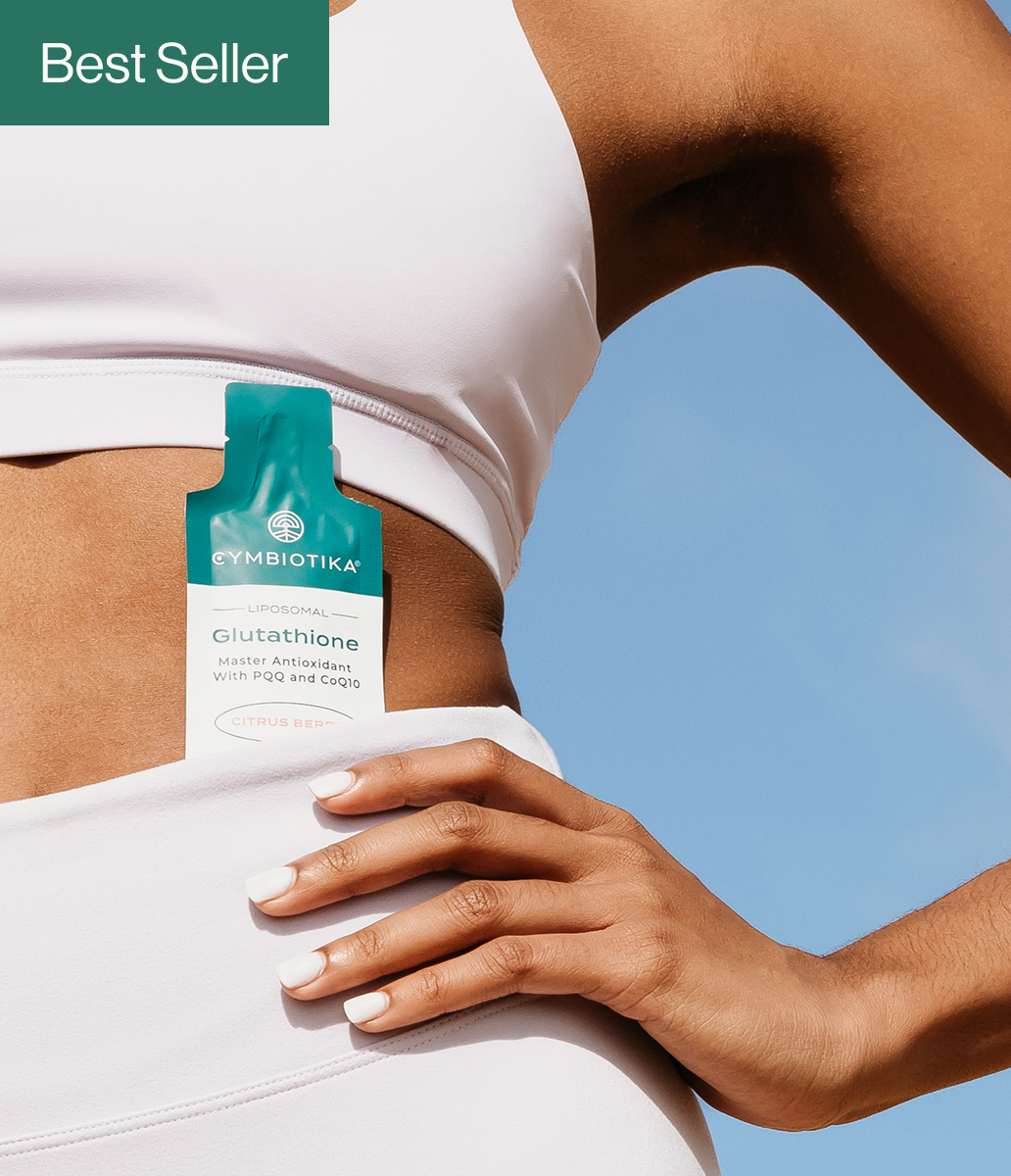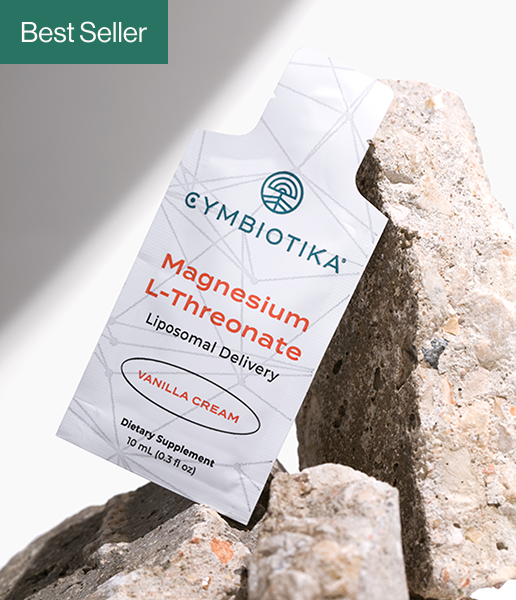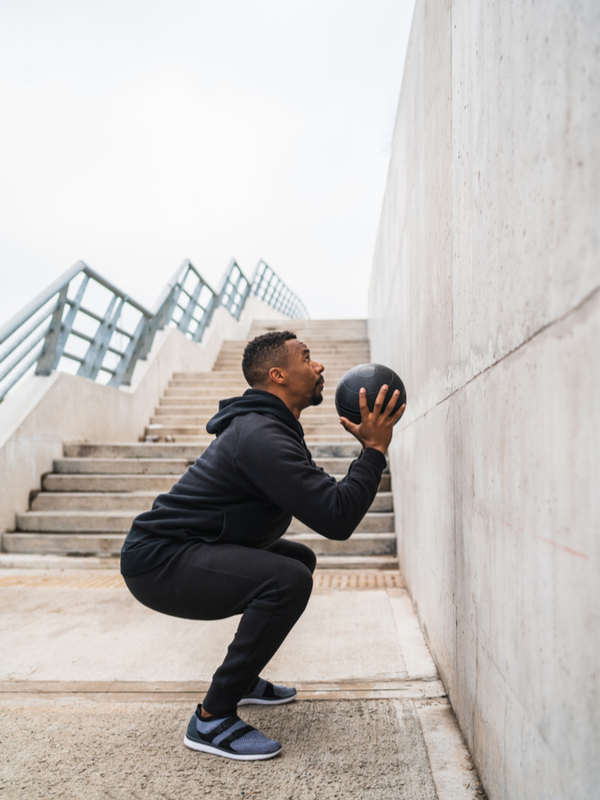
The ingredients of a successful athlete? A forceful will, headstrong determination, and a plethora of energizing B vitamins.
Why are the B vitamins especially important to an athlete? B vitamins are essentially the building blocks of a healthy and active body. More specifically, B vitamins positively impact energy levels, brain function, and tissue repair.
If you’re following a vegetarian or vegan lifestyle, it may be beneficial to add a few vitamin B supplements to your balanced diet, as most B vitamins inhabit animal products such as meats, eggs, and dairy products.
Without B vitamins, your body may become lethargic or physically weak.
Looking to learn more? What are the best vitamins for athletes?
To begin, let’s dive into a general line-up of the best vitamins for athletes looking to improve muscle health. Follow along as we cover the best vitamins for athletes and explore each type of B vitamin and how they impact athletic performance.
Benefits of B Vitamins
B vitamins play an important role in physical performance. Athletes lacking nutrient-rich diets may perform worse during high-intensity workouts. Their body’s ability to repair and build muscles may decrease as well.1
While B vitamins are primarily found in animal products, they are also present in:
- Enriched grains
- Nuts
- Dark green vegetables
B vitamins are considered micronutrients and are essential for the conversion of proteins and sugars into usable energy. The body then uses this energy to function and produce red blood cells, which carry oxygen to muscle tissue during strenuous exercise.
What vitamins are good for muscle health? These micronutrients also aid the process of repairing lean muscle tissue, allowing muscles to grow and strengthen.
When talking about B vitamins, there are eight subcategories:
- Thiamin (B1)
- Riboflavin (B2)
- Niacin (B3)
- Pantothenic Acid (B5)
- Pyridoxine (B6)
- Biotin (B7)
- Folate (B9)
- Cyanocobalamin (B12)
Each subcategory of B vitamins impacts the body and tissues differently. While many work together, they also provide their own functions as well. For example, B12 and folate—also known as B9—work together to support cell division and replication processes.2
Types of B Vitamins
The catalog of B vitamins aids various enzyme activities. What does this mean, exactly? In essence, B vitamins play a large role in breaking down carbohydrates and fats for energy, as well as transporting oxygen and energy-containing nutrients throughout the body.3
You could say B vitamins are your body’s most trusted spotter.
Thiamin (B1)
This water-soluble vitamin is an essential player in the growth and function of your body’s cells. It also aids the process of nutrient and glucose breakdown to provide energy to your body.4
When searching for a vegan-friendly, B1-packed treat, get your hands on:
- Beans or lentils
- Green peas
- grains, noodles, or rice
- Sunflower seeds
While B1 deficiency is rare, consider a diet upgrade if you experience:
- Memory loss or cognitive confusion
- Muscle weakness
- Low immunity
- Weight loss
- Nerve numbness or pain
The More You Know: Thiamin, or B1, is easily destroyed in high-heat environments. Avoid cooking thiamine-rich foods on hot stove tops or heated ovens. Due to its high solubility, B1 nutrients easily leach from foods, especially if they’ve been processed. Refined white bread and rice are not your B1 go-to.
Riboflavin (B2)
Riboflavin is necessary for the synthesis of coenzymes responsible for cell growth, energy production, and medication breakdown. B2 accelerates muscle recovery and improves muscle soreness by protecting cell tissues from oxidative damage.5
When searching for vegan-friendly, B2-rich foods, consider:
- Grains
- Almonds
- Spinach
Vegans are especially prone to B2 deficiencies, which may result in:
- Hair loss
- Cracked lips
- Swollen tongue, mouth, or throat
- Skin rash
- Itchy or red eyes
- Anemia
- Cataracts
The More You Know: If exposed to too much light, B2 may deactivate. In this case, riboflavin cannot perform its assigned functions. Keep your almonds, spinach, and fortified grains in a dimly lit space for optimal nutrition.
Niacin (B3)
Niacin helps the body convert food into energy, create cholesterol and fats, and repair DNA. It even acts as an antioxidant, too! B3 supports athletes by providing energy that fuels long or strenuous workouts. It also supports muscle cell metabolism, allowing for faster recovery.
When on the hunt for vegan-friendly B3 supplementation, try:
- Brown rice
- Nuts and seeds
- Legumes
- Bananas
- Avocado
If you consume inadequate amounts of the vitamin, a B3 deficiency may lead to:
- Depression
- Headaches
- Fatigue
- Memory loss
The More You Know: Corn is packed with B3 vitamins; however, its carby exterior prevents the body from absorbing adequate amounts of the nutrient. To snag those B3 compounds, devour a few corn tortillas. The tortilla-making process unlocks the B3, making it absorbable and accessible to the body.
Pantothenic Acid (B5)
Like its counterparts, B5 aids the enzymatic breakdown of foods that help with muscle soreness and provide much-needed energy to the body and improve physical performance. The implementation of B5 into your diet may also boost immune health and reduce cholesterol levels.
Those following a vegan lifestyle can enjoy the benefits of B5 through:
- Mushrooms
- Avocado
- Nuts and seeds
- Potatoes
- Brown rice
- Oats
- Broccoli
If you’re prone to B5 deficiencies, you’ll notice an increase of:
- Irritability and restlessness
- Fatigue
- Headaches
- Nausea, vomiting, or stomach cramps
The More You Know: B5 provides holistic healing abilities: It’s known to remedy acne, allergies, anxiety, dandruff, insomnia, and headaches.
Pyridoxine (B6)
For athletes, B6 plays a vital role in promoting red blood cell production, which delivers more oxygen to the muscles during workouts. The vitamin works cohesively with more than 100 enzymes to break down and convert proteins, carbs, and fats into energy. The supplement also improves immune and brain functions.
There are plenty of B6-packed foods:
- Chickpeas
- Dark leafy greens
- Bananas
- Papayas
- Oranges
- Cantaloupe
If you believe you’re deficient in B6, watch for signs of:
- Depression
- Confusion
- Lowered immunity
- Skin abnormalities
Certain disorders can exacerbate or increase a B6 deficiency, such as kidney disease, alcoholism, autoimmune inflammatory disorders, and autoimmune intestinal disorders.
The More You Know: B6 may be a formidable foe against pregnancy-induced nausea and is often prescribed with doxylamine to combat morning sickness.
Biotin (B7)
Biotin supplements are best known for their skin, hair, and nail support, but they’re great for athletes too. B7 helps maintain healthy blood sugar levels, assists in the breakdown of fats, and aids the formation of new tissue for quick muscle recovery.
When searching for a vegan-friendly biotin boost, try:
- Avocado
- Sweet potato
- Nuts and seeds
Biotin deficiencies greatly affect skin, hair, and nails. Look out for:
- Thinning hair
- Scaly rashes along the mouth, nose, or eyes
- Brittle nails
The More You Know: Biotin is also great for the health of your eyes, liver, and nervous system. However, you can easily become deficient in the vitamin because the body does not store biotin naturally. You’ll have to maintain a biotin-rich diet to sustain healthy biotin levels.
Folate (B9)
Folate is essential in the production of red blood cells and cell growth, as well as the creation of DNA and RNA. That means it’s great for tissue repair and increases exercise endurance, as your muscles receive more oxygen.
B9 is abundant in such vegan-friendly fare as:
- Beans
- Peanuts
- Sunflower seeds
- Fruits and fruit juices
- Whole grains
- Turnip greens
- Spinach
- Romaine lettuce
- Asparagus
- Brussels sprouts
- Broccoli
A B9 deficiency may result in:
- Muscle weakness
- Fatigue
- Irregular heart rhythms
- Shortness of breath
- Cognitive impairment
- Hair loss
- Mouth sores
- Pale skin
The More You Know: Commonly known as the “pregnancy vitamin,” B9 is critical to fetal development. It may also prevent birth defects involving a baby’s brain or spine.
Cobalamin (B12)
Probably the most well-known of the B vitamins, B12 is essential in the formation of red blood cells and converting food into energy. Higher B12 levels within the body correlate with heightened athletic performance. Why? B12 also enhances communication between the body in the brain, resulting in optimized muscle growth and boosted energy production.6
A vegan-friendly, B12-loaded snack includes:
- Fortified nutritional yeast
- Tempeh, tofu, miso
- Shiitake mushrooms
A vitamin B12 deficiency is relatively common, especially in those who follow vegan diets, look out for:
- Fatigue or weakness
- Memory loss or cognitive confusion
- Depression
- Megaloblastic or pernicious anemia
The More You Know: A great way to intake enough B12 is through supplementation or the consumption of multivitamins. Try the Synergy Vitamin B12 supplement. It supports cell growth, promotes skin and nail health, and boosts energy levels.
Support Your Athletic Performance with Cymbiotika
In addition to a healthy and balanced diet, an athlete must also strive for holistic health. Incorporating an assortment of B vitamins into your diet, whether through supplementation or specific foods, is vital for keeping your muscles strong and healthy—B vitamins promote muscle growth, repair, and performance.
Recruit Cymbiotika for your fitness journey. We offer a variety of supplemental formulas that provide critical nutrients your body needs. Each formula is cultivated using biotechnology that increases your body’s absorption of each nutrient.
In addition to our fast-acting formulas, we also use only the highest quality ingredients that are sourced organically.
Sources:
- Oregon State University. B Vitamins Play an Important Role in Athletic Performance. https://extension.oregonstate.edu/news/b-vitamins-play-important-role-athletic-performance
- Harvard Health Letter. Nutrition’s Dynamic Duos. https://www.health.harvard.edu/newsletter_article/Nutritions-dynamic-duos
- Harvard T.H. Chan. B Vitamins. https://www.hsph.harvard.edu/nutritionsource/vitamins/vitamin-b/
- Harvard T.H. Chan. Thiamin – Vitamin B1. https://www.hsph.harvard.edu/nutritionsource/vitamin-b1/
- Harvard T.H. Chan. Riboflavin – Vitamin B2. https://www.hsph.harvard.edu/nutritionsource/riboflavin-vitamin-b2/
- Harvard T.H. Chan. Vitamin B12. https://www.hsph.harvard.edu/nutritionsource/vitamin-b12/
